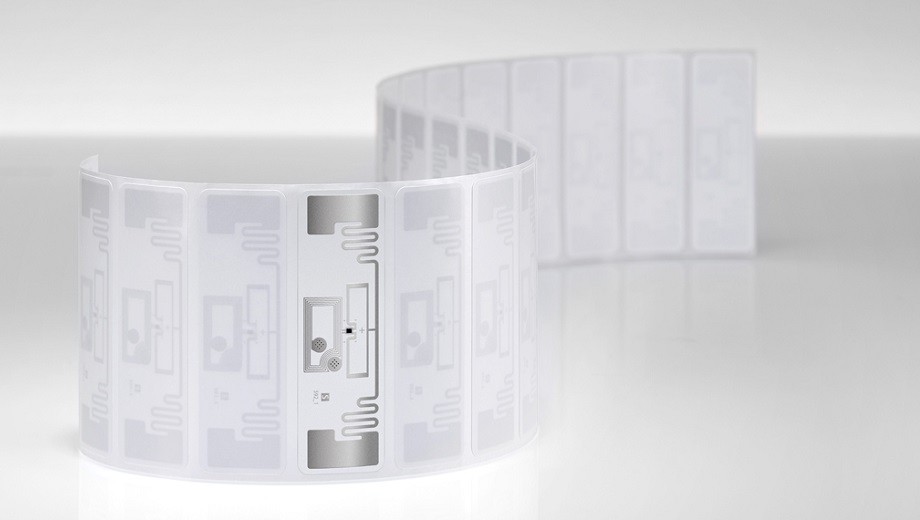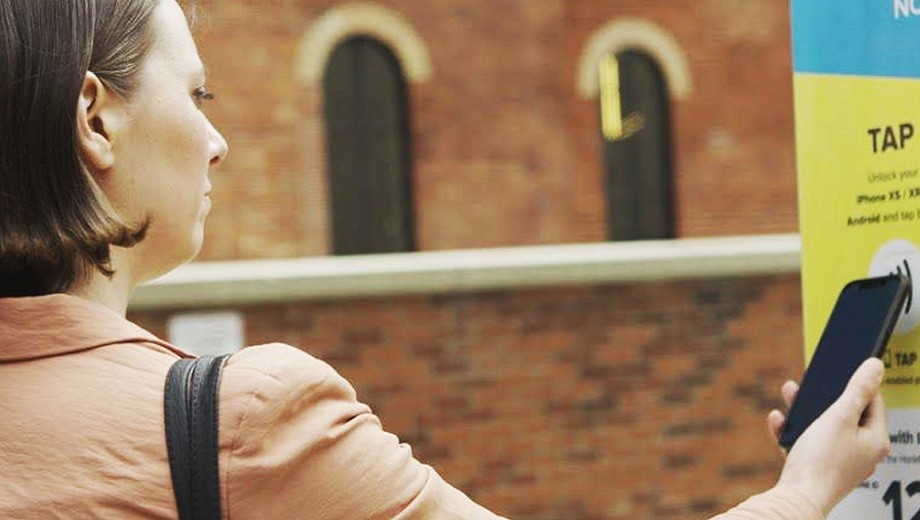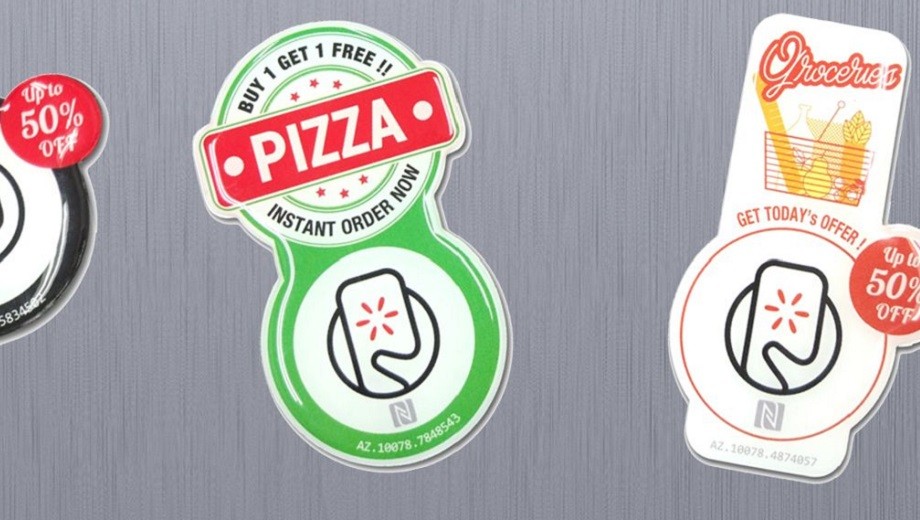The construction-toy company has installed RFID-enabled display cases at stores, enabling it to track which products are sold, automatically bill the retailer accordingly and order replacements.
Tegu, a toy company headquartered in Honduras and the United States, is deploying ultra high-frequency (UHF) RAIN RFID-enabled fixtures for displaying and selling its magnetic and wooden building blocks on consignment. With RFID technology provided by Seeonic, in partnership with Smartrac, built into its fixtures, Tegu can account for its remote consignment inventory while ensuring that every participating store is adequately stocked. As a result, according to the company, Tegu can now sell three times more stock-keeping units (SKUs) at those stores than it had been able to in the past.
Tegu was founded in 2007 by Chris and Will Haughey, a pair of brothers who wanted to launch a company that could have a positive social impact on Honduras (the company's name is derived from that country's capital, Tegucigalpa). Tegu's wooden and magnetic construction toys are typically sold at independent specialty shops. Such stores lack a large budget for purchasing inventory, and may thus offer only a limited number of products (on average, six to eight SKUs at a time). What's more, they may not always reorder products after those items are sold.
"Often, a store is being run by the owner who is managing inventory as well," says Kevin Sergo, Tegu's e-commerce associate and project lead. At times, he adds, a Tegu sales representative will call a store and be told, "It's so great that you called. I needed to reorder three weeks ago but didn't have the chance".
To enable a store or other locations frequented by children - such as daycare centers and museums - to offer a larger selection of products, Tegu developed a consignment program known as Special Retail Initiative (SRI), so that small stores or businesses could offer a greater number of its products without the risk of purchasing a large amount of inventory that may not sell quickly. To manage inventory at each fixture, Tegu incorporates Seeonic's RFID/IoT Solution platform into its fixtures. The Seeonic platform consists of an ultra-low-energy SightWare UHF RFID reader and EYE antennas, an RFID tag attached to each toy's packaging, and Seeniq cloud-based software to manage the remote devices and perform inventory analytics based on the collected read data.
Approximately two years ago, initially without the benefit of RFID, Tegu installed its own branded SRI fixtures at five stores, in order to determine if providing more products for sale at those stores would lead to greater sales - something that would benefit both Tegu and the retailers. At that time, the company required participating stores to count the products on the shelves, and to send it a spreadsheet indicating what had been sold. Tegu could then bill the retailer after the sale was completed. The fixtures proved to increase stores' sales by two to five times the previous sales levels.
However, Sergo says, a store's owner might not have the time to record and report the number of toys sold, especially since that individual was often in charge of sales and restocking, as well as management. A manual system of tracking the numbers of toys sold from the fixture, Sergo says, could also result in errors.
Tegu approached Seeonic, seeking an automated solution in August 2015, recalls Harley Feldman, the company's co-founder and chief marketing officer. The team explained their consignment program to Seeonic and worked with the RFID company to integrate the SightWare reader into an SRI fixture, which stands about 5 feet tall by 3 feet wide and can hold dozens of products simultaneously.
Tegu's smart fixture contains a Seeonic SightWare RFID reader that performs daily inventory counts of all RFID-tagged products on display.
The company began RFID-tagging products at its factory in Tegucigalpa. A Smartrac Dogbone R6 passive (UHF) RAIN RFID tag is attached to the inside flap of each product's box so that it remains invisible and thus does not interfere with the packaging's aesthetics. Each tag is encoded with a unique ID number linked to the toy's SKU. It was important for the company to hide the tags inside the cardboard boxes. "One of the things we're complimented on is the quality of our packaging," Sergo says.
The Tegu fixture contains a SightWare RFID reader that can run autonomously on battery power for up to 1.5 years. The SightWare device has a built-in cellular radio that employs CDMA and GSM networks to forward data back to the server. Store associates then place the fixture wherever they want within the store, loading it with RFID-tagged Tegu products.
Once a day - typically at night, when a store is closed - the reader captures the tag IDs of all toys on the fixture shelves, says Nicholas Singh, Seeonic's co-founder and chief technologist. The Seeniq cloud-based software receives the inventory data, then compares the ID numbers and SKUs with the inventory list for that particular specialty store and fixture.
The system assumes that any tags not being read for two days in a row belong to items that have been sold. At the end of each week, Tegu automatically bills the store for those toys and reorders them, to be shipped to that location.
The fixtures are intended to be easily installed. Because the readers are battery-powered, they do not need to be set up near an outlet. The SightWare system also tracks the reader battery's power level and reports to Tegu when a battery needs to be recharged. At that time, Tegu simply ships a new battery to the store and asks it to ship the expiring battery back to the company in a self-addressed, stamped envelope so it can be recharged. Tegu can also request a reader to transmit an update on the collected read data at any given time, if the company has questions regarding inventory levels at specific stores.
The first RFID displays were installed at the beginning of this year, and Tegu has now shipped its RFID-enabled displays to 35 locations. The company will continue to offer the displays to the approximately 700 other specialty stores that carry its products. "Our plan, at the bare minimum, is to have 100 installed by the end of the year," Sergo says. "We have a great deal of confidence in the high degree of accuracy that comes from this system."
The displays also enable Tegu to sell its products in non-traditional locations, such as daycare centers, museums, gift shops and commercially run children play areas - for example, Sandbox Playspace, located in Huntington, N.Y. - where a store or other company can afford to offer the products with limited investment of its own money or time, since the inventory is managed remotely and the toys are sold on consignment.
In the future Tegu will use additional analytics features to track sales trends at specific stores. The company will then be able to update inventory recommendations for the store accordingly.
Seeonic is currently in discussions with several medical device manufacturers to install the solution at health-care facilities, Singh reports, and to utilize the software to manage high-value medical device usage.
Text by Claire Swedberg, courtesy of RFID Journal LLC, Photos by Tegu & RFID Journal



